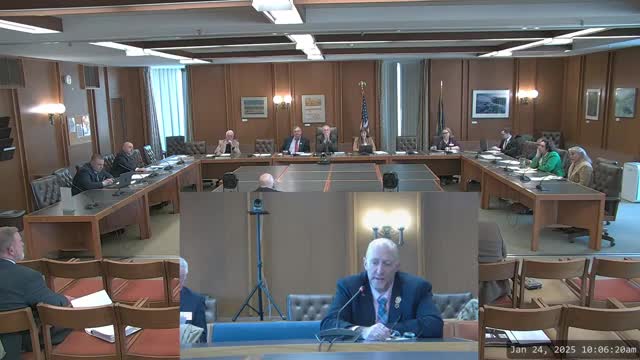Article not found
This article is no longer available. But don't worry—we've gathered other articles that discuss the same topic.
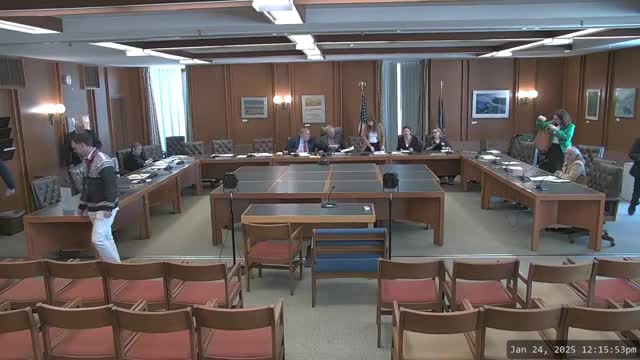
Rep. Bernardi urges state to oppose EU corporate sustainability directive; committee hears trade and sovereignty concerns
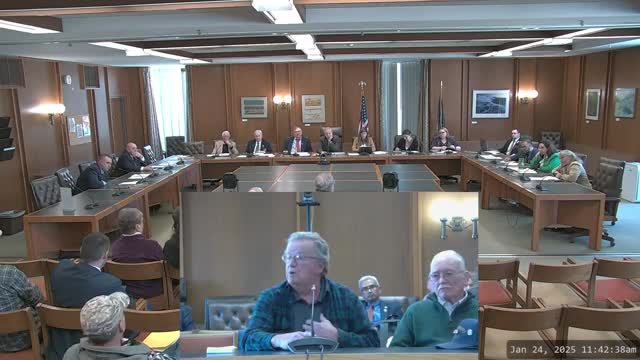
State representatives and community members urge investigation of alleged abuses against minorities in Bangladesh
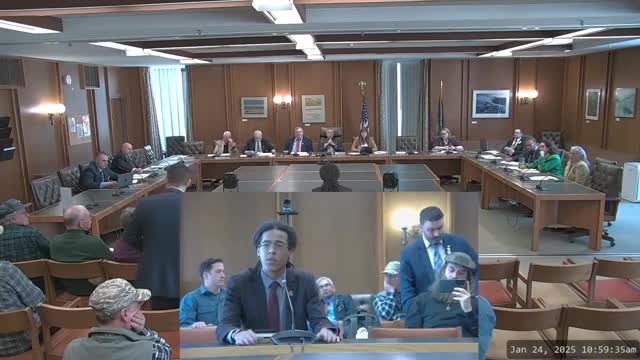
Hearing on concurrent resolution urges federal action to affirm Portsmouth Naval Shipyard lies in New Hampshire
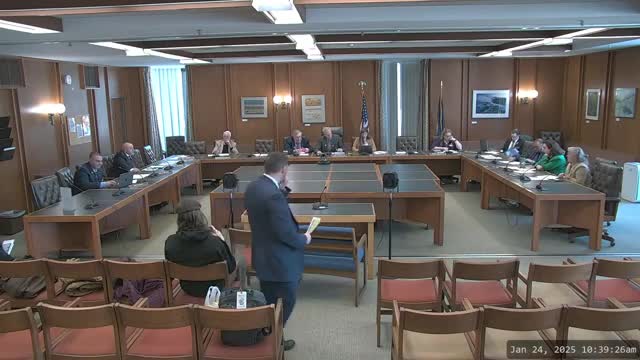
Survivors press committee for study of 1967 USS Liberty attack; lawmakers weigh forming review panel
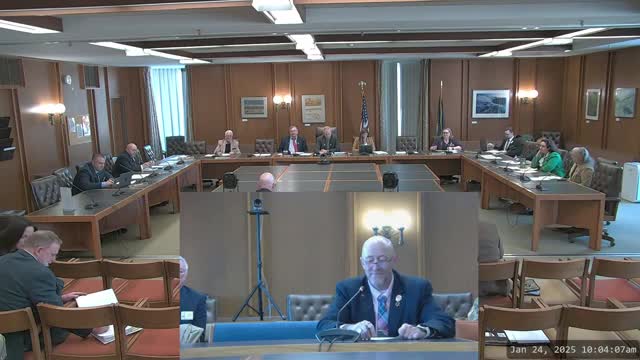
Committee hears HB 64 to extend hiring and procurement preferences to military spouses and active-duty personnel
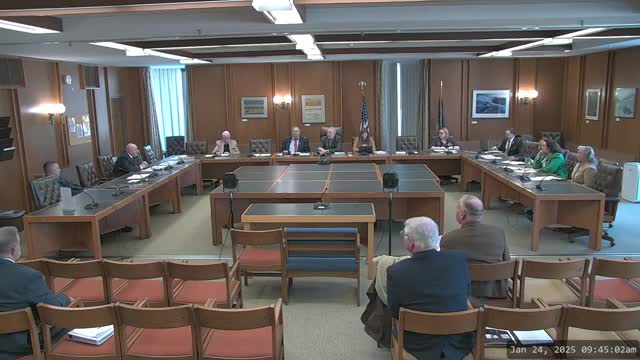
Panel reviews bill to raise small-claims payment cap for New Hampshire National Guard
